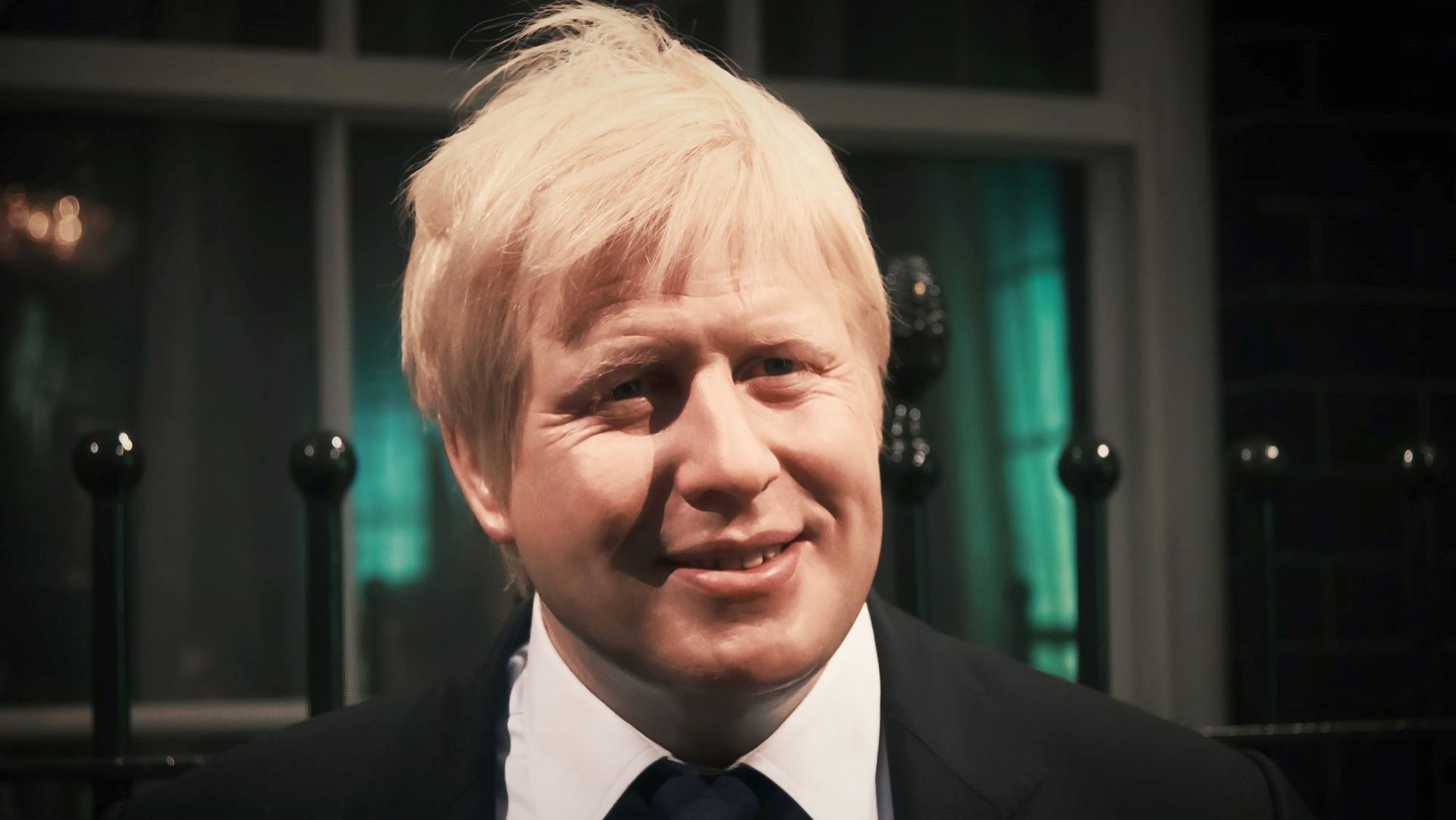Boris Johnson, the British Prime Minister, has had a political brush with death.
Under Johnson, the Conservative Party has reimagined itself from a more liberal, Thatcherite center-right party that stressed lower taxation and government spending, to a one-nation party that prioritizes higher government spending, national identity and sovereignty, and a collective spirit.
In 2019, Boris Johnson led the Conservative Party to a resounding election victory where they gained 49 seats, many of which are populated by people who would traditionally sooner do anything than vote Tory.
Not one to shy away from controversy, the man has built a career on teetering on the edge of acceptability, relying on his lovable charm and ostensibly clueless demeanor to get away with antics that a more stuffy politician would be crucified for.
Yet Mr. Johnson has finally had a wake-up call in the form of a vote of confidence in his leadership, which he narrowly won by just 59 percent.
But why was he nearly ditched? One reason: COVID-19.
The UK has had a mixed legacy in terms of the COVID-19 pandemic. On the one hand, we were miles (or kilometers if you are of that persuasion) ahead of Europe when it came to the vaccine rollout, something quite important for the national mood post-Brexit.
On the other hand, our lockdown policy was like a game of musical chairs.
The UK spent lengthy periods under lockdown, and anytime restrictions were eased, a spike in cases followed, leading to the reintroduction of restrictions. This cycle repeated itself for over a year.
We were promised we would be able to spend Christmas with our loved ones. And then, at the last minute, it was made illegal to do so.
We have all heard the horror stories of families not being able to spend one last moment with their relatives as they perished, and seemingly inhumane rules around mixing with different people in bizarre and arbitrary ways.
The UK was no exception on this front.
Of course, Boris Johnson and the political class gave us weekly updates on how and why they justified their newfound powers, painting a clear roadmap of what this would achieve, and how it would all be worth it.
Johnson empathized with our pain and called on our famed World War Two British Blitz spirit to endure this menace, something that has become a political tool in the current political alignment.
There’s just one catch: he didn’t believe any of it.
While we were all ordered to isolate ourselves for the common good, it transpired that in Westminster, the rules didn’t apply.
Slowly but surely, pictures and videos of staffers in Westminster trickled through, showing them daintily enjoying champagne and caviar in garden parties as the rest of us suffered.
As this was illegal, eventually the police issued 126 fines to 83 individuals who had broken regulations, including Johnson, his wife, and the Chancellor of the Exchequer.
The sheer amount of public rage was something we haven’t seen in decades. Despite all the slip-ups, incompetence, and even atrocities government commits, this one, in particular, hit a nerve.
But why? It speaks to a universal sentiment around the relationship between politicians and citizens. We view politicians as representatives, caretakers who we entrust with upholding the rule of law and keeping us safe.
But when politicians act like they are above the law, that sacred contract is broken. Now they are no longer people we have delegated authority to, rather they are acting as somehow separate from the rest of us.
We tolerate “elites” when we feel it is justified, whether it be someone who gained their wealth through innovation, entertainment, or business. But when someone acts above their station for reasons that amount to nothing more than selfishness, we riot.
The second US President John Adams famously wrote a book titled A Government of Laws, Not of Men. This so beautifully sums up what the proper role of politicians should be: they are our servants, not our masters.
For more content related to the COVID-19 pandemic, be sure to check out our COVID disruption video series by clicking on the button below.
This piece solely expresses the opinion of the author and not necessarily the organization as a whole. Students For Liberty is committed to facilitating a broad dialogue for liberty, representing a variety of opinions.









